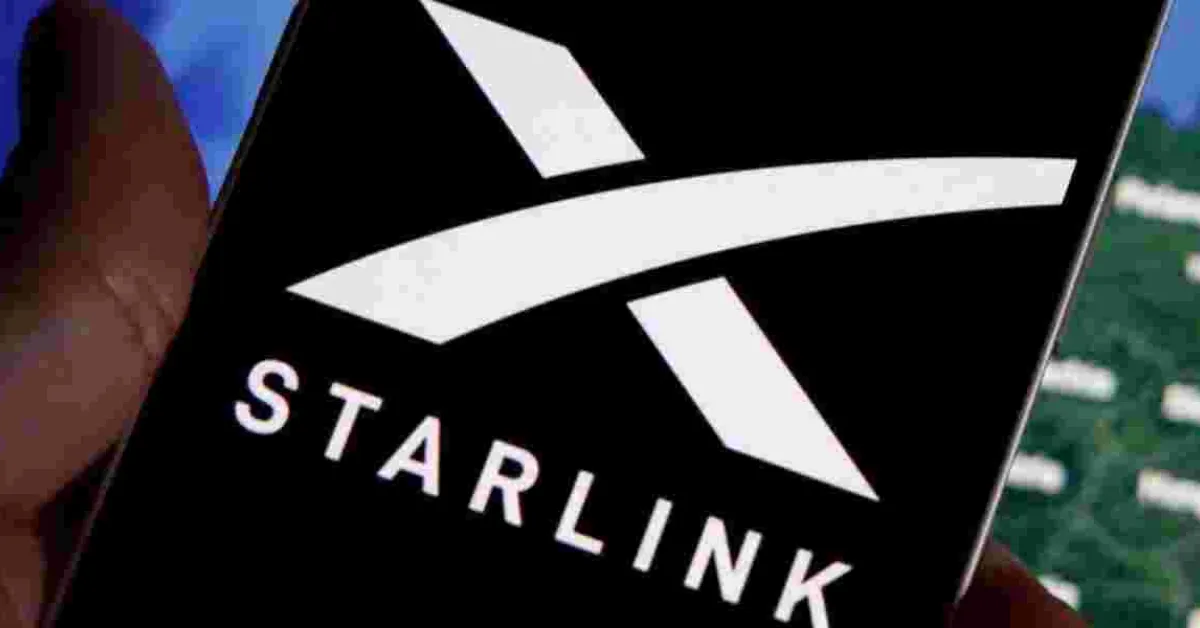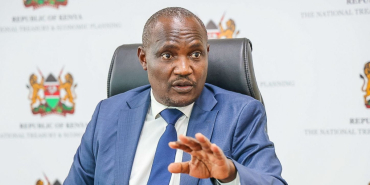Safaricom Sounds Alarm on Starlink's Kenyan Market Entry

The entry of Starlink, a satellite internet provider owned by Elon Musk's SpaceX, into the Kenyan market has sparked controversy and concern from Safaricom, Kenya's leading telecommunications company.
In a formal communication to the Communications Authority of Kenya (CAK), Safaricom has voiced apprehensions about the potential impact of Starlink's operations on the local telecommunications landscape. Safaricom's primary concern revolves around the nature of satellite coverage, which can transcend national borders and potentially lead to unauthorized service provision within Kenya. The company, which is partially owned by the Kenyan government, Vodafone, and Vodacom, argues that satellite providers should be required to partner with local mobile network operators. This approach, Safaricom contends, would ensure local investment, job creation, and adherence to Kenyan regulations.
The launch of Starlink in Kenya in July 2023 marked the beginning of its rapid expansion across Africa. The company's satellite-based internet service, which bypasses traditional ground infrastructure, has gained attention for its competitive pricing and hardware rental options, making it accessible to a wider audience. This has prompted existing local providers to intensify their marketing efforts to retain customers. Public reaction to Safaricom's concerns has been mixed, with opinions divided on social media platforms. Some users acknowledge Safaricom's apprehensions, recognizing the potential for significant market disruption.
Others, however, argue in favour of Starlink, citing the need for improved internet speeds and reliability. Kenyan lawyer Donald Kipkorir has drawn parallels between Starlink's potential impact and Safaricom's own revolutionary M-Pesa service, suggesting that such disruptive technologies are unstoppable. The regulatory challenges posed by Starlink's entry into the market are significant. While the company has faced hurdles in some countries, it has managed to introduce competitive pricing and rental plans in Kenya. Safaricom's appeal to the CAK highlights the need for careful consideration of how to regulate satellite internet providers in a way that balances innovation with local economic interests.
The potential market impact of Starlink's entry is substantial. Safaricom, which currently holds a 36.7% share of the data market, is particularly concerned about the competitive threat posed by Starlink's high-speed internet services and attractive pricing. As the debate unfolds, the CAK faces the task of weighing Safaricom's concerns against the benefits of increased competition and technological advancement that Starlink brings.














Comments
So safaricom wants to…
Permalink
So safaricom wants to protect its monopoly pretty much? Nonsense. Consumers should have choices
Safcom has enjoyed a large…
Permalink
Safcom has enjoyed a large market share for a while that they became complacent and did not invest emerging tech, now they will be playing catchup as an ISP. They enjoy the ability to throttle/interrupt the service as requested by Zakayo like we have seen during the protest.
Monopoly. Monopolization…
Permalink
Monopoly. Monopolization. Corporate greed. Lack of a will to cater to the most vulnerable by lowering cost of voice and data. Unwillingness to change with time, with seasons. Thats how Kenya Post and Telecommunication and US Post Office became shells of their own self. Always holding their heads high. Safaricom will now corrupt Ruto and his cronies with big bribes to kick Starling out of the Kenyan market.Tha is why thieves fight for leadership. Kiburi. Kinyongo. Dharao. Sasa wataangwa na mafuta ya taa.
Add new comment